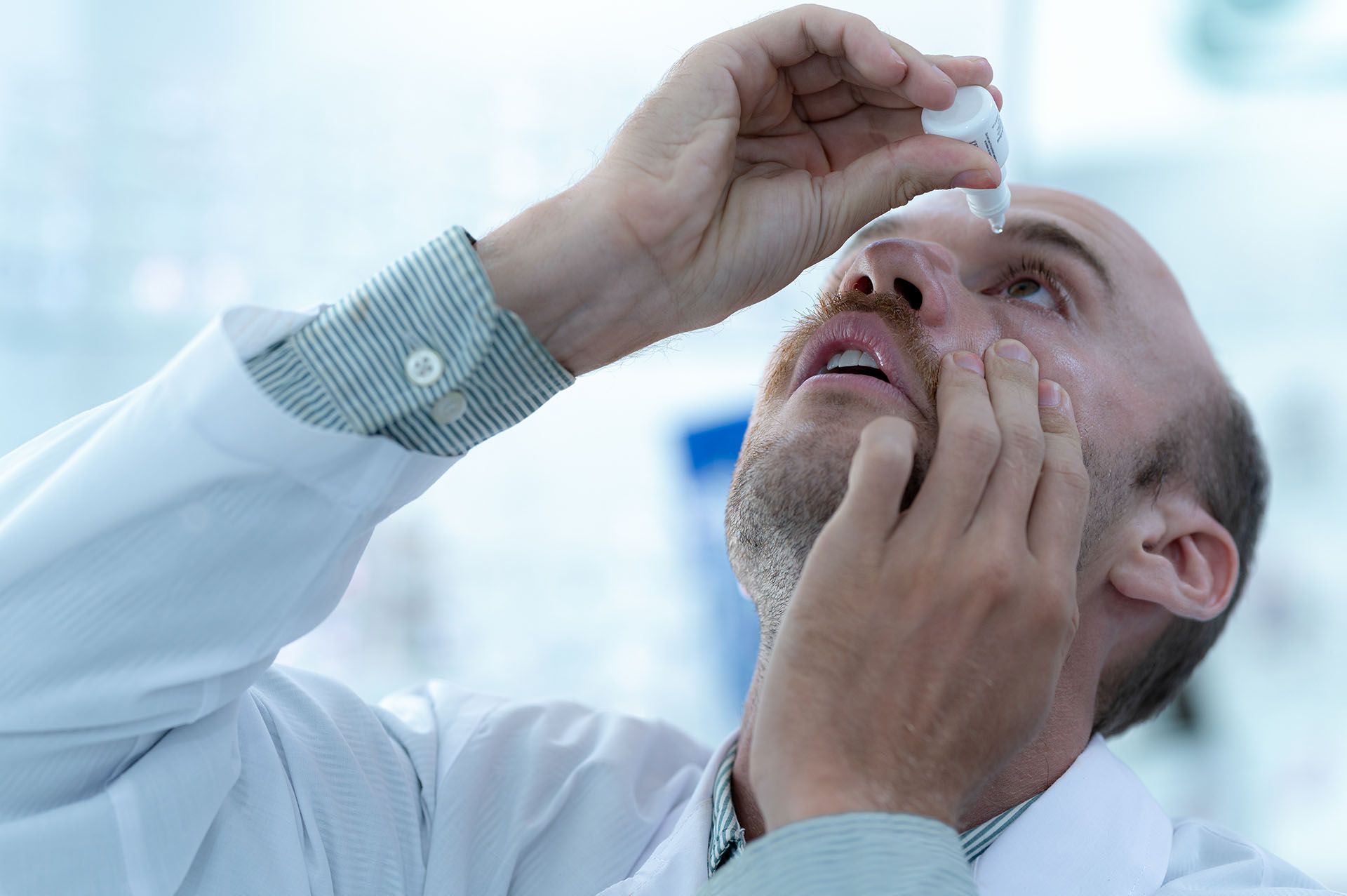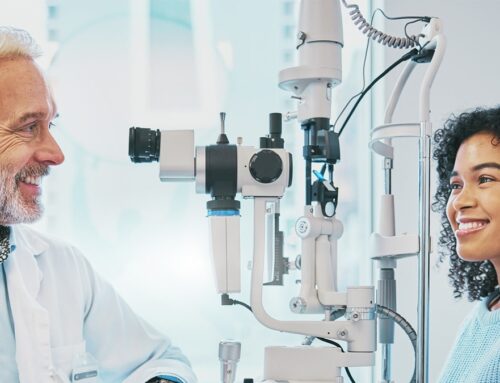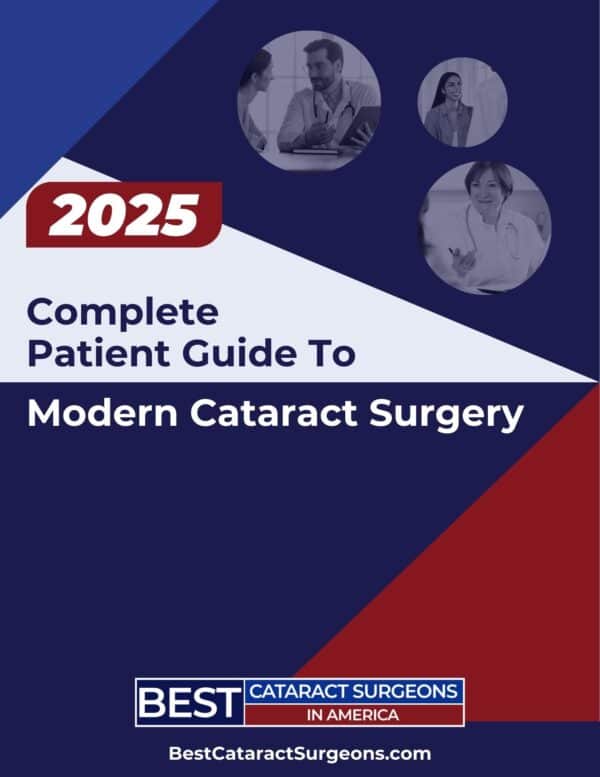Blurred vision is a widespread problem, and it can result from a problem with any of the eye components. Blurring can either occur suddenly or progressively, depending on the cause of the blurred vision. For example, a slow progressive blurring can be because of long-term eye diseases, but a sudden blurring can be because of a single event that might go away on its own.

Some conditions may need medical treatment, and some may not be as serious as you may think. The following are the major causes of blurred vision:
Stroke
Blurry vision can signify that you are having a stroke because it may be affecting a part of your brain that is in charge of controlling your vision. You might experience blurry vision in one eye because of the stroke, which will mean that you need urgent medical attention. Many people who have experienced stroke need a lot of care to get treatment, and you may need to ensure that you get checked out if you feel the blurry vision from one eye accompanied by other symptoms.
Cataracts
When you have cataracts, you may experience blurred vision because the cloudy substances in your eyes have grown large enough to cover your lens. You will need to get treatment for cataracts so that you can regain your sight. In addition, surgery might be scheduled to remove cataracts so that you can see clearly again.
Eyestrain
You can experience eye strain when focusing on the same thing for a long time, and you have not taken a b break. This can be because of driving, reading, working, staying in front of the computer for a long while, and many more. In this case, you will need to take a moment and rest your eyes, and you will get rid of the blurred vision. You can also regain the strength in your eyes after you have a good night’s sleep.
Detached retina
Sometimes when your retina is not aligned correctly, it will lose blood and nerve supply. As a result, you may need treatment to ensure that it is repaired so that you will not risk losing your sight completely.
Uveitis
This is a scarce condition that causes inflammation in or around your eye, and it can also be associated with autoimmune or infectious diseases. You might notice dryness and blurry vision, which might mean that you have this disease and you need to seek medical help. Many other symptoms can also be realized according to the severity of the damage to the eyes.
Need for reading glasses
As you are aging you may realize that your eyesight is deteriorating, and you may start having blurred vision and difficulty reading. This means that you need to get reading glasses, or you may also use contact lenses. If you are already using glasses, it means that you need to change the glasses. An eye doctor will ensure that you get gasses or your lenses changed on your glasses so you can see clearly again.
Glaucoma
If you are suffering from glaucoma, you will also experience blurred visions, and you will need to get a doctor to treat the eyes. If you leave glaucoma without treating it for a long time, you might risk losing your vision and other severe problems that might also be permanent.
Wet macular degeneration
This is a disorder that makes you have blurry vision because it affects the center of the eye. An abnormal vessel grows in the eye and causes fluid to leak in the macula, and it progresses rapidly.
Eye infections
because of an eye infection, you may also experience blurred vision because the infections damage the cornea. The bacterial and fungus might make you have an infection in your eye, and you will need to have a doctor treat you. Some treatments like antibiotics and several prevention methods can be used to ensure that you do not suffer more from the infection.
Conjunctivitis
This condition is also called by many as pink eye, and it affects the outer lining of the eye. It causes blurred vision, and it can be caused by several issues like bacteria and even allergies. The problem might not ne there after a few days, but if you realize that the symptoms are severe, you may need to get your eyes checked by a doctor.
Corneal abrasion
This is when an object has scratched your cornea, and it comes with a feeling like you have something in your eye. You also feel like you have something in your eyes even while you are experiencing blurry vision. you can have headaches and other disturbances like sensitivity to bright lights and other issues when you have suffered corneal abrasion. Your doctor can recommend eye drops that will help heal your eyes in this case.
If the blurred vision is too persistent, you need to see an ophthalmologist so that you can get proper treatment.











